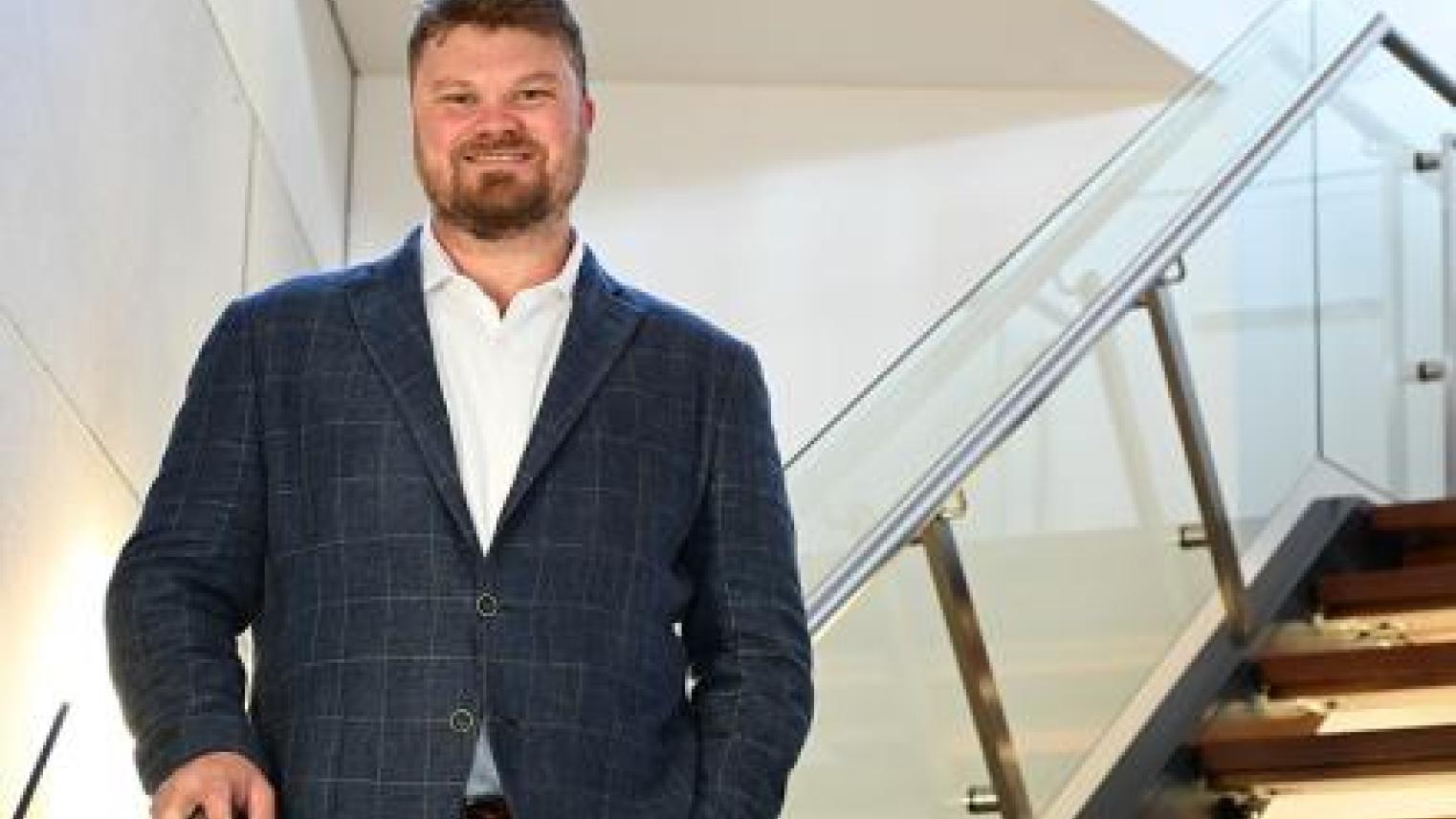RegNet welcomes Professor Alan Gamlen

We are delighted to introduce Professor Alan Gamlen who has recently joined the School of Regulation and Global Governance (RegNet) at the Australian National University (ANU). Professor Gamlen brings with him a wealth of research and teaching expertise on human migration and mobility.
Have you ever wondered how and why do people move around among different places? What are the political, economic, social and cultural impacts of population movement – for migrants as well as their places of origin and destination? How are these processes of social change regulated at local, national and global levels? More importantly, how are they connected to big real-world challenges, such as political polarisation, cultural conflict and change, economic development and all sorts of disruptive social transformation? These are some of the questions that formed the basis of Professor Gamlen’s research since the early 2000s.
And it all started when he was a graduate student in Japan, working part time at the National Museum of Ethnology, where he was editing a book series on population movement in the modern world.
“The topic resonated personally to me as a multiple migrant: a New Zealander, born in Canada to parents of English, Scottish and Māori ancestry, with multiple citizenships and experiences living, studying and working in many different cultures,” he recalled.
“The more I got into it, the more I realised that human migration was more than just the most visible and controversial aspect of globalisation, it was also an essential part of the human experience.
“It happens everywhere and always has. I saw this as a fascinating field, with real-world importance, where I was potentially well-placed to contribute.”
Professor Gamlen’s current research can be broken down into three strands. One is focused on explaining the global rise of ‘human geopolitics’: the strategic competition for human populations rather than territories. This involves studying the regulation and governance of population movement, ethnic minorities and emigrant diasporas.
Another strand is about understanding the growing socio-economic diversity in and around migrant-receiving cities. As part of this, he is leading a multi-institutional team to develop a new geostatistical tool for visualizing multidimensional urban data.
A third strand is about analysing and theorising the major shocks to human migration and mobility catalysed by the 2020 Coronavirus Pandemic, which arguably marks the end of the post-WWII ‘age of migration’.
A crucial part of his research is working with stakeholders such as NGOs, national and local governments and the UN migration agency to identify the key disruptive trends, research questions, and governance challenges concerning human population movement.
With previous extensive appointments at Oxford University, Stanford University, the Max Planck Society and Monash University amongst others, Professor Gamlen feels honoured to be joining such a strong scholarly community at RegNet and the ANU.
“I feel an affinity with what I understand to be the culture, values, and mission of RegNet. It has a reputation as a collegial, interdisciplinary venue, where leading scholars, decision makers, and opinion shapers are joining forces to address some of the most important and complex problems of our times,” he says.
“I am also enthusiastic about the chance to connect with the many leading migration and mobilities scholars across the College of Asia and the Pacific and ANU, and to help galavanise energies in this area.”
There are many things that keeps Professor Gamlen going beyond academia.
“To paraphrase somebody famous and corny, being a university professor is my hobby: my real job is being the best husband and father I can be! My nine-year-old son is teaching me to solve Rubik’s cubes, and my 11-year-old daughter is teaching me to be a responsible adult,” he mused.
“My wife and I are becoming keen sailors. In a past life I was a violinist and sometimes I still fiddle around. My ideal self spent the pandemic focusing on rest, nature, books, and music. My real self binged on Netflix.
“I get involved in my local community whilst bearing in mind that too much civic engagement is bad for the digestion. There are few pleasures greater than a long nature walk, followed by a leisurely lunch with lively conversation.”
Please help us extend a warm welcome to Professor Alan Gamlen!